Ten Things We Love About Italy
Ten Things We Love About Italy
“No other country – Not even Greece or Persia or China – has contributed so much and over so long a period as Italy to our civilization.” P13: ‘Central Italy’ Vernon Barlett. Published B.T. Batesford. Ltd 1972 London
Enjoy this video with its traditional folk musical accompaniment, giving us a glimpse of the beauty, simplicity and realism of Italian life and the strong desire to make the best of their often tough circumstances. Food and drink are an important ingredient in this culture, playing a significant part in their well established view of what living is about. However Italy has played a much greater role in the human development of civilization and culture, and not only the ability to create good food, eat and drink well, as you will read some of the views published below.
“From the enduring legacy of the Romans to the Florentine sophistication and Venetian romance, the influence of Italy on the rest of the world is legendary. Latin Language, Italian cuisine, leading fashion and cutting edge design -there can be few nations that have contributed so much to our modern way of life.” P10: ‘Italian Style’ The Publisher’s letter- By Iain Blackwell. Essential Magazine. Issue 97 May 2007 Marbella Spain.
In 1911 the French Intellectual Maurras wrote in the Gazette de France that “Nothing good has come out in the world without the help of some child of Italy.” P138 ‘The Poet as Superman. A life of Gabriele D’Annunzio’ By Anthony Rhodes. Published. Weidenfeld & Nicolson London 1959.
“The circumstances in which the Italian people had increased, particularly between the Alps and Tuscany, their inheritance which had survived the Dark Ages, their geographical position, and finally their climate had made them, by the sixteenth century, the greatest imaginative and creative community known on earth since the Greece of Pericles. Two thousand years of almost continuous civilization had given Italy a special place among the nations of Europe, many of the richer and more powerful.”
[Preface P9] ‘The Poet as Superman. A life of Gabriele D’Annunzio’ By Anthony Rhodes. Published. Weidenfeld & Nicolson London 1959.
“Few countries have played a more important part in the affairs of mankind than of Italy. Fewer still present, to the cultivated minds, more varied points of attraction and study. Once the Queen of the world, swaying her sceptre over a population of more than one hundred and twenty millions, and embracing in her ample grasp, a territory which touched the grey hills of Scotland, and the burning sands of Africa, which extended beyond the pillars of Hercules, and swept eastwards to the Euphrates and the Caspian sea; For ages the centre of military power and splendour; the scene of boundless ambition and incredible exploits; the home of the Scipios and the Caesars, of Cato and the Gracchi; the land of Horace and Virgil, of Cicero and the Antonines; the country where Christianity found an early home, and acquired a dominion wider and more magnificent than that of the Caesars… It is the very home of beauty, which is the land of poetry and song, the haunt of all fair forms of divine melodies.”
The extract is taken from the introduction of ‘The Genius of Italy: Being Sketches of Italian life, Literature and Religion.’ Author Robert Turnbull.
“…Italian architects and masons built part of the Kremlin in Moscow and the winter Palace in Leningrad; Italian artists have embellished the Capital in Washington. they have strewn churches, princely palaces, and stately villas all over catholic Europe, specially Vienna, Madrid, Prague, and Warsaw; their influence was felt almost everywhere else…
“… Italy’s smaller contributions to everyday life are so numerous as to go unnoticed. there would be no pistols but for the city of Pistoia; no savon in France but for the city of Savona…no millinery but for the City of Milan; no blue jeans but for the city of Genoa, Genes, where the blue cotton cloth was first produced, and no Genoa jibs; no Neapolitan ice- cream, no Roman candles, no Venetian blinds, no Bologna sausages, no Parmesan cheese, no leghorn hens.
Italians have discovered America for the Americans; taught poetry, statesmanship, and the ruses of the trade to the English; Military art to the Germans; cuisine to the French; acting and ballet dancing to the Russians; and music to everybody. If some day this world of ours should be turned into a cloud of radioactive dust in space, it will be by nuclear contrivances developed with the decisive aid of Italian scientists.” Foreword Page 11: ‘The Italians By Luigi Barzini First published Hamish Hamilton 1964
Disclaimer: The views, opinions and positions expressed within this guest article are those of the author Dario Poli alone and do not represent those of the Marbella Marbella website. The accuracy, completeness and validity of any statements made within this article are not guaranteed. We accept no liability for any errors, omissions or representations. The copyright of this content belongs to Dario Poli and any liability with regards to infringement of intellectual property rights remains with the author.

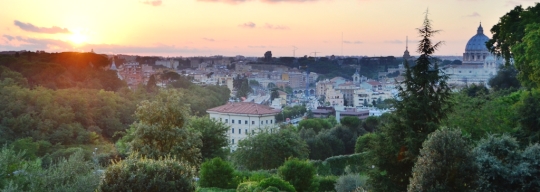
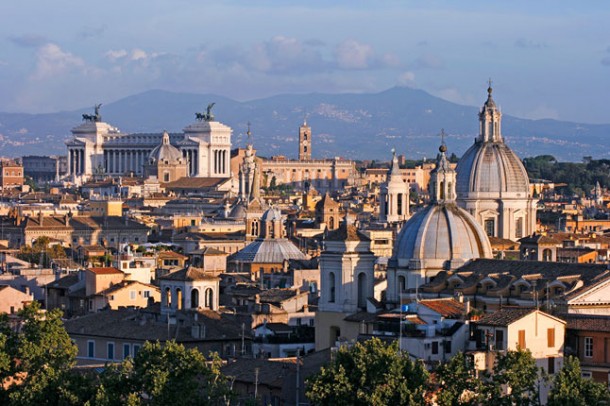
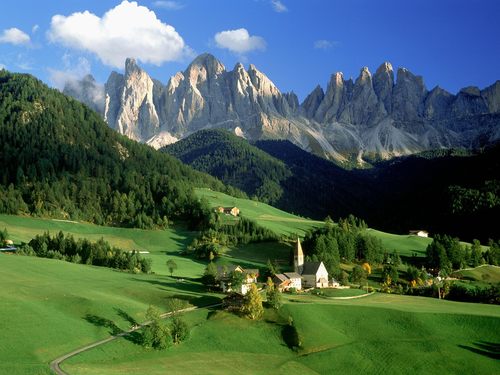
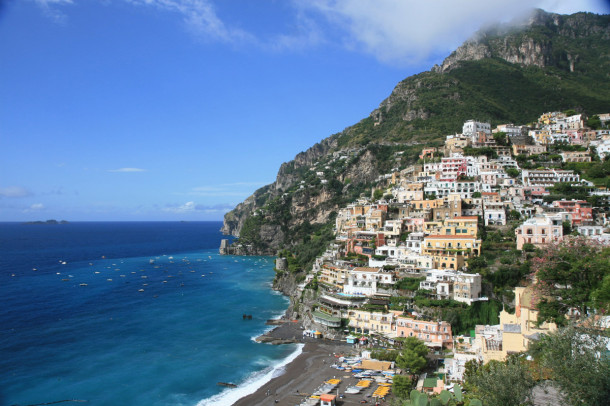
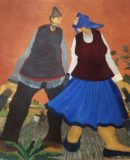






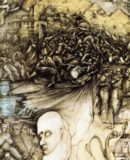



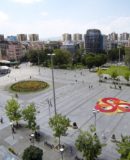
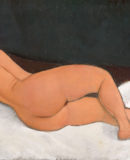

The opinions expressed by individual commentators and contributors do not necessarily constitute this website's position on the particular topic.